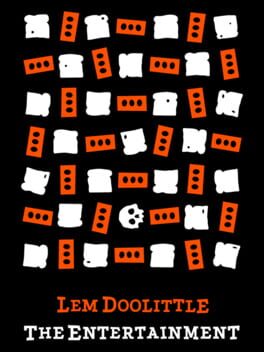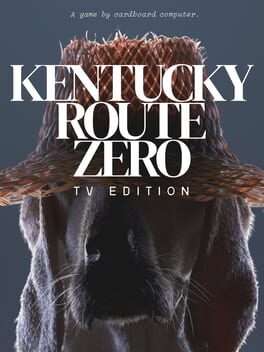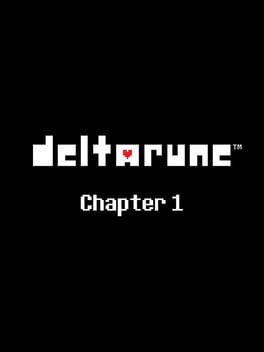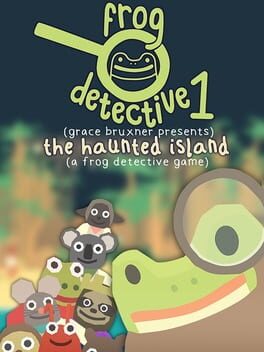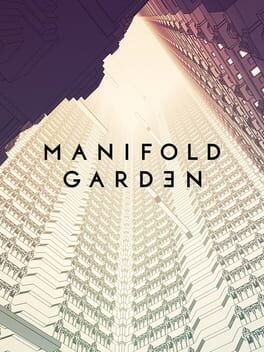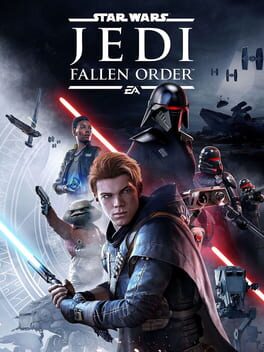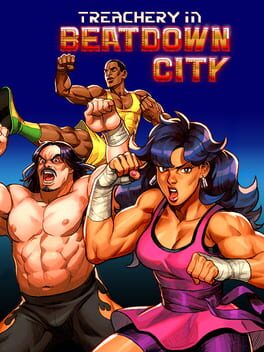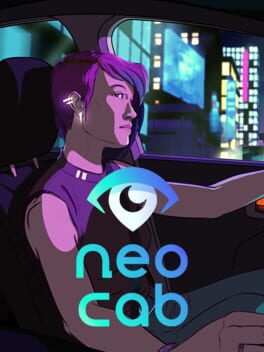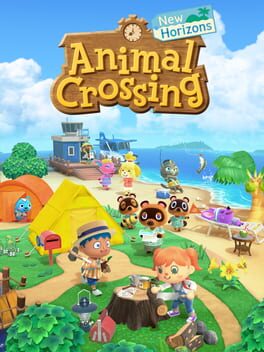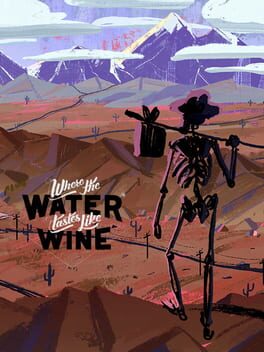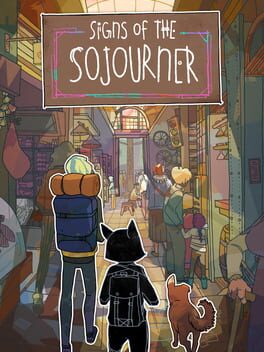nex3
BACKER
2019
This is such a great example of a game that's totally confident in its own strengths and doesn't seek to compensate for them with any unnecessary "gameyness". At the same time, the way it uses exploration of the island to interleave lots of different stories and engage the player at their own pace is something that wouldn't be possible in any other medium.
2013
This is my favorite game of all time as well as arguably one of my favorite novels. It's devastatingly beautiful and vitally necessary. The strong influences of the magical realist, southern Gothic, and postmodern literary traditions make it more of a participant in the broader culture than almost any other video game, but at the same time the way it builds up its world and story collaboratively with the player would only be possible in an interactive medium.
Beyond any of its impressive formal qualities, though, the most important thing about KR0 is the way it talks about the real world and the American South in particular. At the same time compassionate and mournful, full of rage and despair and just a few glimmers of hope, it's one of the most honest and vibrant depictions I've seen across any art form of the way America eats itself alive, and the myriad ways people struggle or give in as they're digested.
When I wept at the end of Act V, I wept for the broken dreams of everyone who has been destroyed by America.
Beyond any of its impressive formal qualities, though, the most important thing about KR0 is the way it talks about the real world and the American South in particular. At the same time compassionate and mournful, full of rage and despair and just a few glimmers of hope, it's one of the most honest and vibrant depictions I've seen across any art form of the way America eats itself alive, and the myriad ways people struggle or give in as they're digested.
When I wept at the end of Act V, I wept for the broken dreams of everyone who has been destroyed by America.
2018
I'm home sick and I played this all day, but I don't think I'll play it tomorrow. It is the oatmeal of video games. As oatmeals go it's tasty enough, but it's never going to be anything more than bland and homogeneous. Also this particular oatmeal adores cops and the surveillance state to an absurd degree.
That metaphor got away from me.
That metaphor got away from me.
2018
2019
This game is an endless parade of of design decisions that are just bad enough to make me gripe, roll my eyes, and keep playing anyway because "soulstroidvania with a lightsaber" is just that strong of a concept. I wish it had been better, but I guess that's why FromSoft exists. At the end of the day, the nicest thing I can say about this is that it's what finally convinced me to play an actual Dark Souls.
2016
I feel it's important to note that a combination of two things finally got me to play my first real Souls: playing Sekiro and later growing to miss it dearly, and attempting to play a much worse Soulslike and getting so fed up I took solace in the real thing. For all their fearsome reputation, FromSoft games function like eductational tools: they take your hand and gently guide you from a novice to a player who can confidently defeat even the nastiest boss. They want you to succeed and they speak a consistent and thoughtful language to teach you how. If other games truly want to grab a piece of From's shining star, they don't need to learn a combat system or checkpoint-based level design, they need to learn how to teach.
2019
At the end of the day, this game is a dollhouse that makes you grind for pieces. That's honestly a pretty solid pitch, and the main reason I've put it away for the most part is that I'm not feeling up to investing the combination of creativity and grinding to make every zone exactly how I want it. Even though I've put this down, I also put many hours into it so I can't say it didn't serve its purpose.
2019
A fascinating and novel (if not always entirely graceful) mixture of narrative and mechanics. Hinting at a bunch of different narrative paths but only allowing the player to see a few each playthrough is a great recipe, and the use of different colors to encourage the player to specialize in particular locations is a clever twist.
The association of those colors with modes of communication isn't reinforced by anything else in the game, though, and the binary division of conversations into "success" or "failure" states limits the game mechanics' ability to speak to real human interaction. It's not clear to me that the card game portion of this is really pulling its weight at all, or if this would have been a stronger game with less mechanical overhead.
The association of those colors with modes of communication isn't reinforced by anything else in the game, though, and the binary division of conversations into "success" or "failure" states limits the game mechanics' ability to speak to real human interaction. It's not clear to me that the card game portion of this is really pulling its weight at all, or if this would have been a stronger game with less mechanical overhead.

